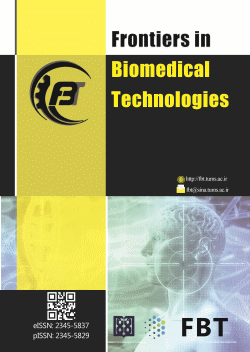Patient Dose Estimation from Digital Radiography Repeat Rate and Related Factors
Abstract
Purpose: The aim of this research was to estimation of patient effective dose from digital radiography repeat rate and related factors in two referral hospital in Sari, Iran.
Materials and Methods: Entrance skin dose and effective dose per common radiography procedures in digital radiography was measured using the BARACUDA RTI detector. 1724 x-ray exposures were investigated prospectively. The annual number of each radiographic procedure was obtained from the archives of digital radiography departments. Patient cumulative dose was calculation from annual exposures repeat rate(RR) and effective dose per digital radiography procedures.
Results: Mean exposure RR per examination was 1.2% and total percentage of repeat of all examination was 8.7%. annual cumulative dose(man-sivert) resulted from radiographic RR was, 449.2. The factors leading to the repetition was include the radiographer error (69%), the X-ray tube and equipment error (10.4%), the patient related error (16.1%) and other cases (4.1%). The average effective dose for each examination was 0.36 mSv.
Conclusion: Digital radiographic repeat rate increases 1.1 % annual patient effective dose from the base level that receives from current radiographic examination. Inconsistency of the center of the digital panel and the central axis of the X-ray beam and error in selection of the upright or table digital panel are among the most important factors in the repetition of digital radiography.
| Files | ||
| Issue | Vol 6 No 4 (2019) | |
| Section | Original Article(s) | |
| DOI | https://doi.org/10.18502/fbt.v6i4.2213 | |
| Keywords | ||
| Digital Radiography Effective Dose Repeat Rate | ||
| Rights and permissions | |

|
This work is licensed under a Creative Commons Attribution-NonCommercial 4.0 International License. |




